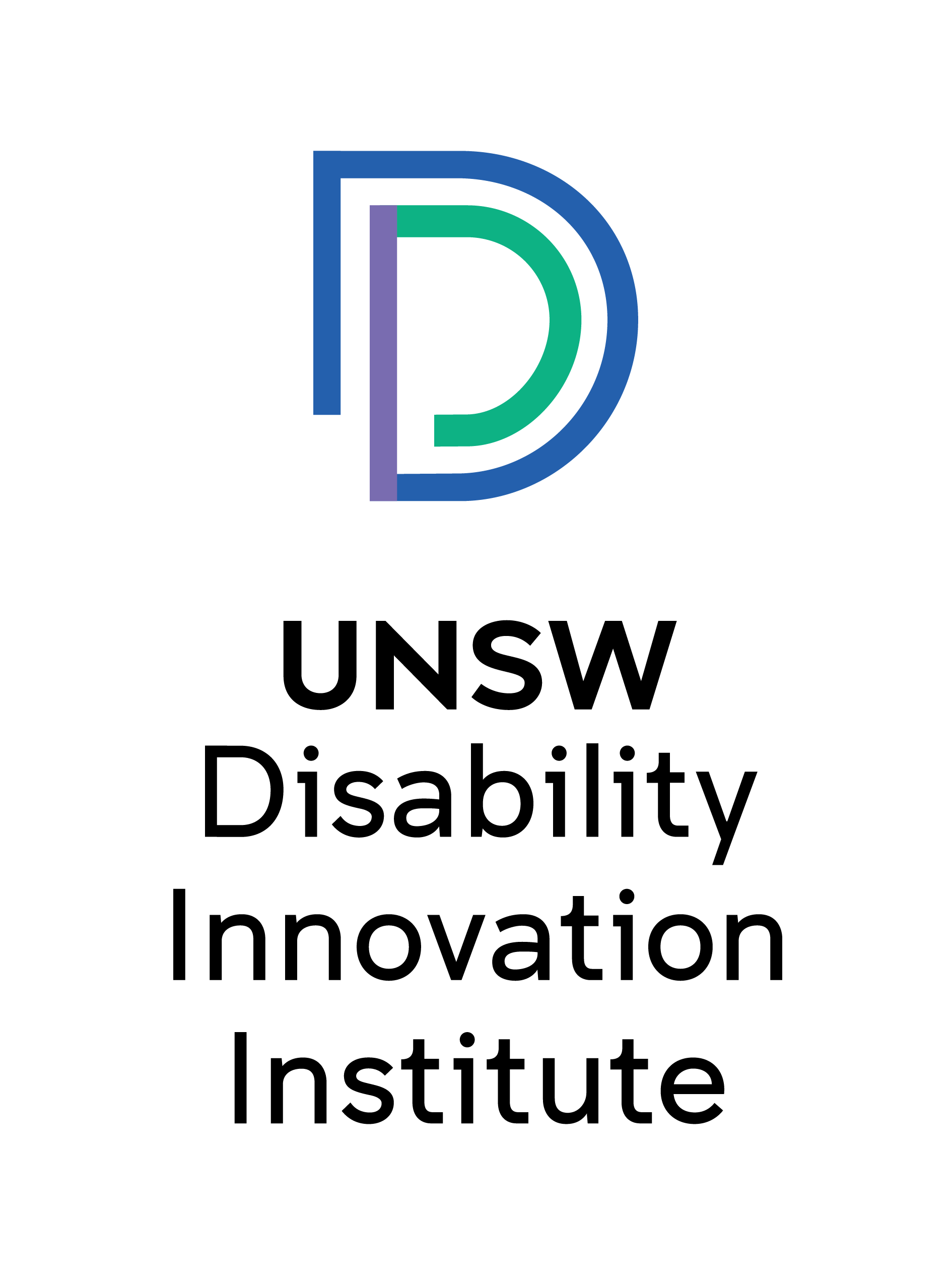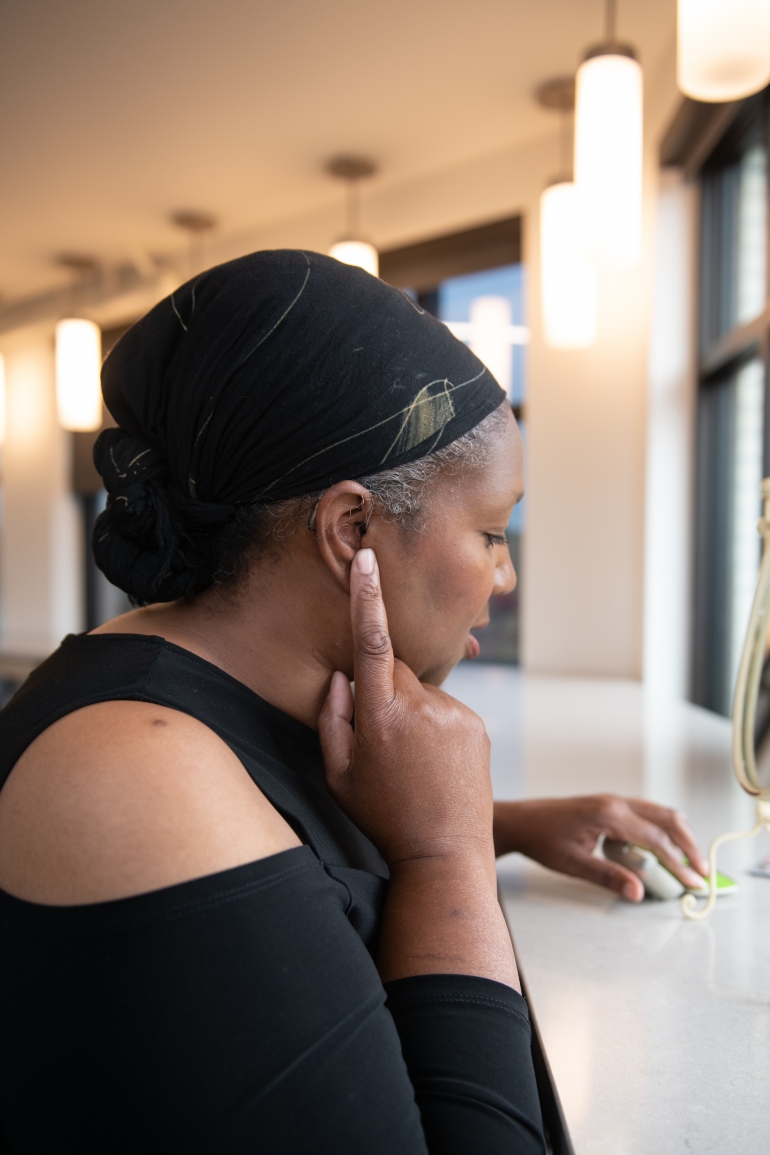DIIU Director Jackie Leach Scully is a Co-Investigator in an ARC-funded project, Reproductive Autonomy in the Genomic Age (TARGeT), which officially begins in March. Led by Professor Ainsley Newson at the University of Sydney and with collaborators in Sydney, Melbourne and Newfoundland, Canada, the research team aims to find better ways to help people reflect and make decisions about new genetic tests in pregnancy.
Prenatal testing, offered to see if the baby is ‘healthy’ and to check there are no risks for the woman, now forms a major part of modern antenatal care. Historically, these tests were used to identify a small number of potentially harmful health conditions. But advances in genomic science mean that more and more tests are becoming available and are being taken up with little critical reflection. Next generation DNA sequencing (NGS) and non-invasive prenatal screening (NIPS) generate detailed data that are often very useful, but in practice can be hard to turn into useful information about a child’s future. Commercial providers see new opportunities to promote ‘optimal parenting’ (and profits), doctors are anxious not to ‘miss anything’, and women and their partners are encouraged to seek as much information as possible.
These tests are generally offered on the basis that they increase reproductive autonomy, especially for women. The project team is concerned about several things in this claim. One is a relative gap in the literature on how reproductive autonomy is really enacted in everyday life, especially compared to the massive literature on what the limits of reproductive autonomy should be in theory. Another is the assumption that more choice is necessarily the same as more autonomy, with little consideration of the disadvantages of having (too much or uninterpretable) information. Perhaps the most important problem is the lack of thought given to the wider social context in which prenatal screening is offered, or – more seriously – acknowledgement that this context is even relevant.
The project will integrate theoretical and empirical data drawing on the team’s expertise in bioethics, philosophy, genetic counselling and health services research. The research aims to generate a model of reproductive autonomy that facilitates critical reflection on values, accounts for social, relational and clinical contexts and constraints, and recognises the costs of choice. The ultimate goal is to provide guidance to potential parents, clinicians and policy makers on the best use of genomic data in pregnancy. Jackie’s interest in the project stems from her longstanding research on the ethics of selective testing decisions in disability. Her focus will be on how social and cultural beliefs about disability provide the framework within which ‘autonomous’ decisions on prenatal selection are made.
The project has a blog that will be keep updated once research is underway. The DIIU Newsletter will also report on developments from a disability perspective.
Photo credit: Disabled And Here


